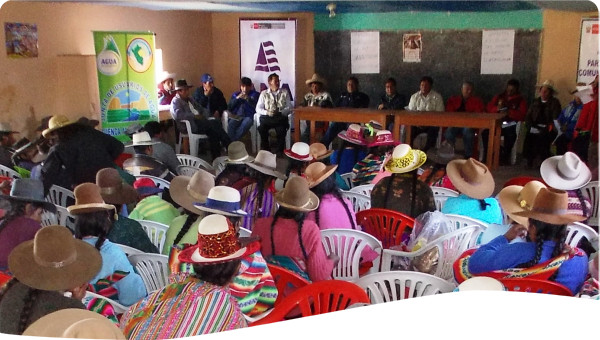Participatory processes have been widely promoted within the field of natural resource management as a method of supporting efficient resource use and, within these processes, much emphasis has been placed on gendered participation. In Kyrgyzstan, participation in irrigation management is organized through water-user associations (WUAs), a decentralized system of management commonly prescribed to increase equity and efficiency in water distribution. Women in Kyrgyzstan are active in irrigated agriculture particularly in light of changing demographics due to labor migration, yet they make up a small percentage of the members and leaders in these WUAs. This study draws upon interviews with WUA officials, village leaders, and female farmers in five communities in southern Kyrgyzstan to examine the determinants of female farmers’ participation in WUAs. We argue that female farmers are strategic in how they choose to irrigate outside of the WUAs as users or participate in WUAs as members or leaders, however their gender, age, and class limits their access to information about WUAs and inclusion in WUA activities. These findings suggest the need to reassess participatory processes in WUAs in order to increase female farmers’ inclusion in WUAs and demonstrates the complexity of gendered participation in natural resource management.
Description / Abstract
Publication year
Country
Region
Publisher
Thematic Tagging
English
 Resource -
Resource -
